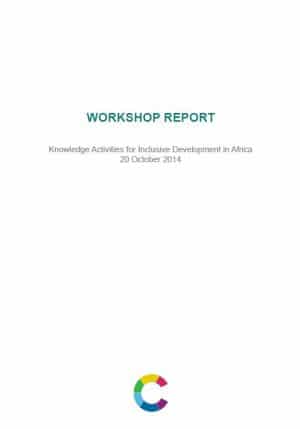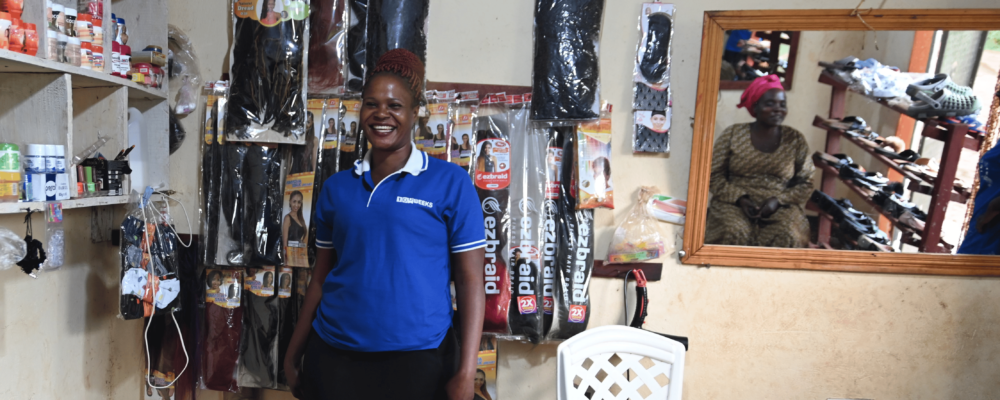
The INCLUDE Policy Research Workshop “Knowledge Activities for Inclusive Development in Africa” was held on 20 October 2014 at the Institute of Social Studies in The Hague, The Netherlands. The aim of the workshop was to bring together and stimulate a forward-looking debate among the research projects that are part of the research agenda of INCLUDE and representatives of Africa’s major policy knowledge networks, Dutch academic and policy stakeholders, and invited guests.
Highlights
Kenya’s policy process is participatory, and partners can engage government agencies in any of the policy-making and evaluation activities. The government particularly welcomes evidence on job creation in the formal sector, on the impact of some government policies, and on how to transform the informal sector and the economy at large.
A demand-driven approach to policy influence is preferable to a supply-driven approach. For policy influence, research uptake can be enhanced by the following: mapping stakeholders and knowledge gaps; building an epistemic community; availing of rigorous evidence and embedding it in policy debates; innovatively packaging knowledge by adapting it to different policy actors; and engaging the most appropriate policy actors.
The studies commissioned by the Platform on production employment focus on the impact of road construction, labour market conditions in fresh produce markets, the role of multinational enterprises, and entrepreneurship development, while those on strategic actors focus on marginalized groups, informal sector organisations, business strategies, and the role of partnership arrangements in inclusive development. Because all research groups aim to influence policy through these studies, they should share ideas to improve synergy, link their evidence to existing policies and gaps, and situate their research within a wider sectoral context.
The Platform has an important role to play in facilitating knowledge processes between different research groups and countries. To achieve this, the Platform should link research groups to stakeholders, build research and knowledge management capacity of research groups, facilitate debate and exchange of information, and address emerging challenges.











